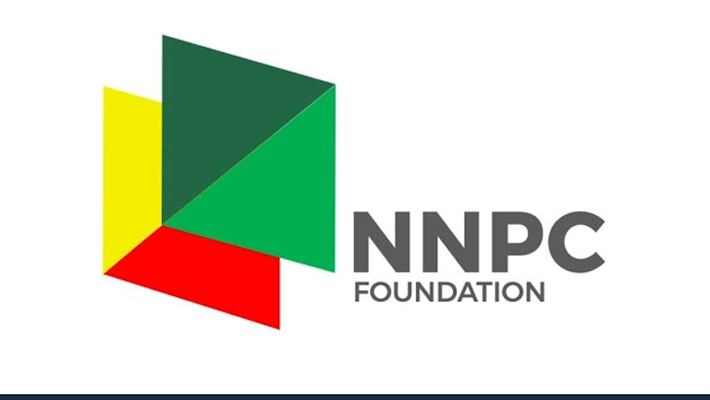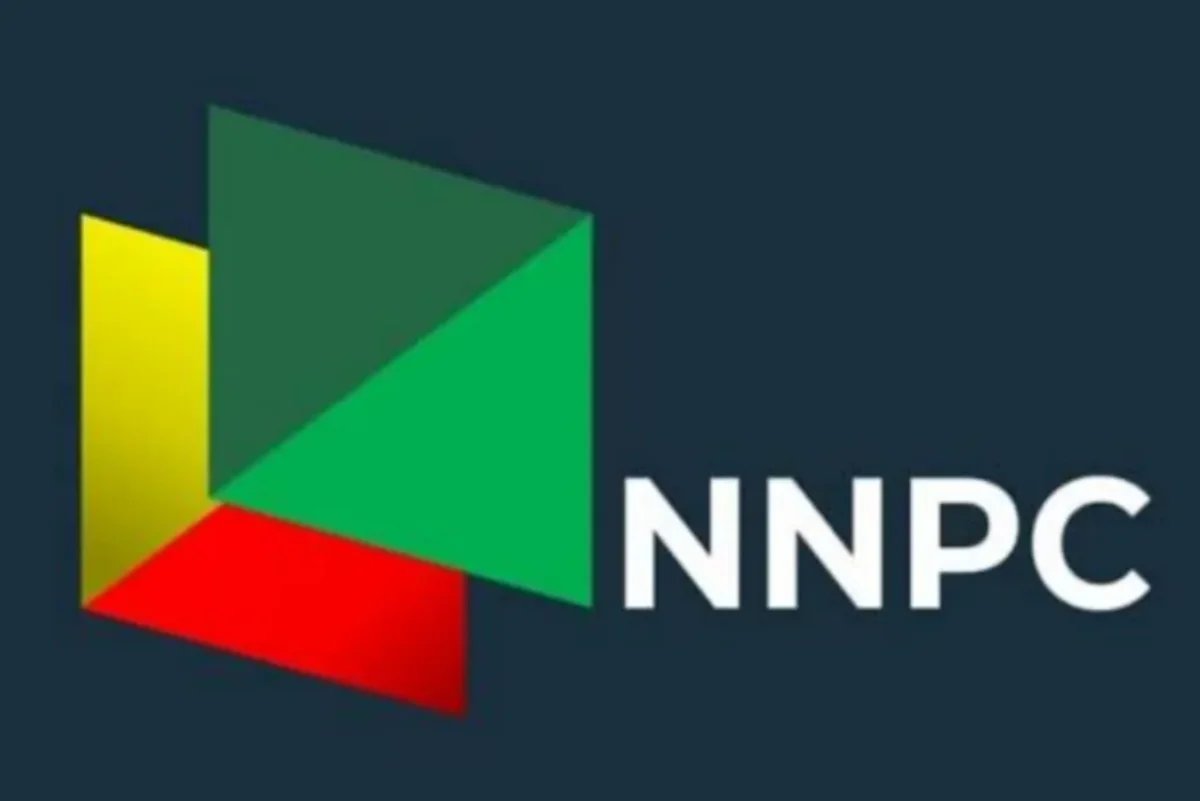Nigerian farmers who are gearing up for greater harvests have a reason to celebrate. This is because their products can be sold to customers offshore with little or no stress. The federal government through the Federal Ministry of Industry, Trade and Investment (FMITI) has vowed to remove all technical barriers limiting the country from harnessing the benefits of trade with its partners. And the country has countries out there that buy agricultural produces like cocoa, coffee, rubber and ginger from Nigerian farmers.
The Minister of Industry, Trade and Investments, Doris Uzoka-Anite said this at the “One-Day National Workshop On World Trade Organization (WTO) technical barriers to trade (TBT) agreement and its implementation in Nigeria.” She said cumbersome regulations, standards, and conformity assessment procedures, can stifle integration, limit market access, and undermine competitiveness.
According to her, “As we strive to promote economic growth, development, and integration, it is imperative that we tackle the obstacles that hinder our technical barriers to trade.
“Technical trade barriers can hinder economic growth, limit market access, and undermine competitiveness. But, with collective efforts and collaboration, we can overcome these obstacles and unlock the potentials of our economies.”
The minister acknowledged the need for a balanced approach that protects consumer safety, environmental sustainability, and public health while facilitating trade and opening stores. To this end she said, “We have implemented several initiatives aimed at unifying knowledge in a different way, enhancing transparency, and promoting cooperation with our trading partners.
“Some of our key initiatives include simplifying and harmonising our standards and regulations, establishing a transparent and predictable conformity assessment process, enhancing our capacity to be engaged in international standard efforts, and fostering a public dialogue and cooperation”.
Also speaking, the Director-General/Chief Executive of the Standards Organisation Of Nigeri, Dr. Ifeanyi Okeke said the FMITI collaboration and the support of the World Trade Organization (WTO) marks a significant milestone to enhance Nigeria’s trade capabilities in line with international best practices.
He said, “The TBT agreement is a critical component of the WTO’s framework, which aims to ensure that technical regulations, Standards and Conformity assessment procedures do not create unnecessary obstacles to trade.
“But it is designed to balance the need for governments to implement measures to protect human health safety and the environment to align seamlessly with international best practices, facilitating smoother trade operations and fostering economic growth”.
Okeke, while urging for stakeholders collaboration in the sector, noted that the successful implementation of the TBT Agreement in Nigeria cannot be achieved by SON alone. However, he reaffirmed the commitment of SON to promoting standardization and quality assurance in all sectors of our economy.
WTO TBT Agreement came into force on January 1, 1995, and serves as a cornerstone in promoting non-discriminatory practices, predictability, and transparency in global trade.












